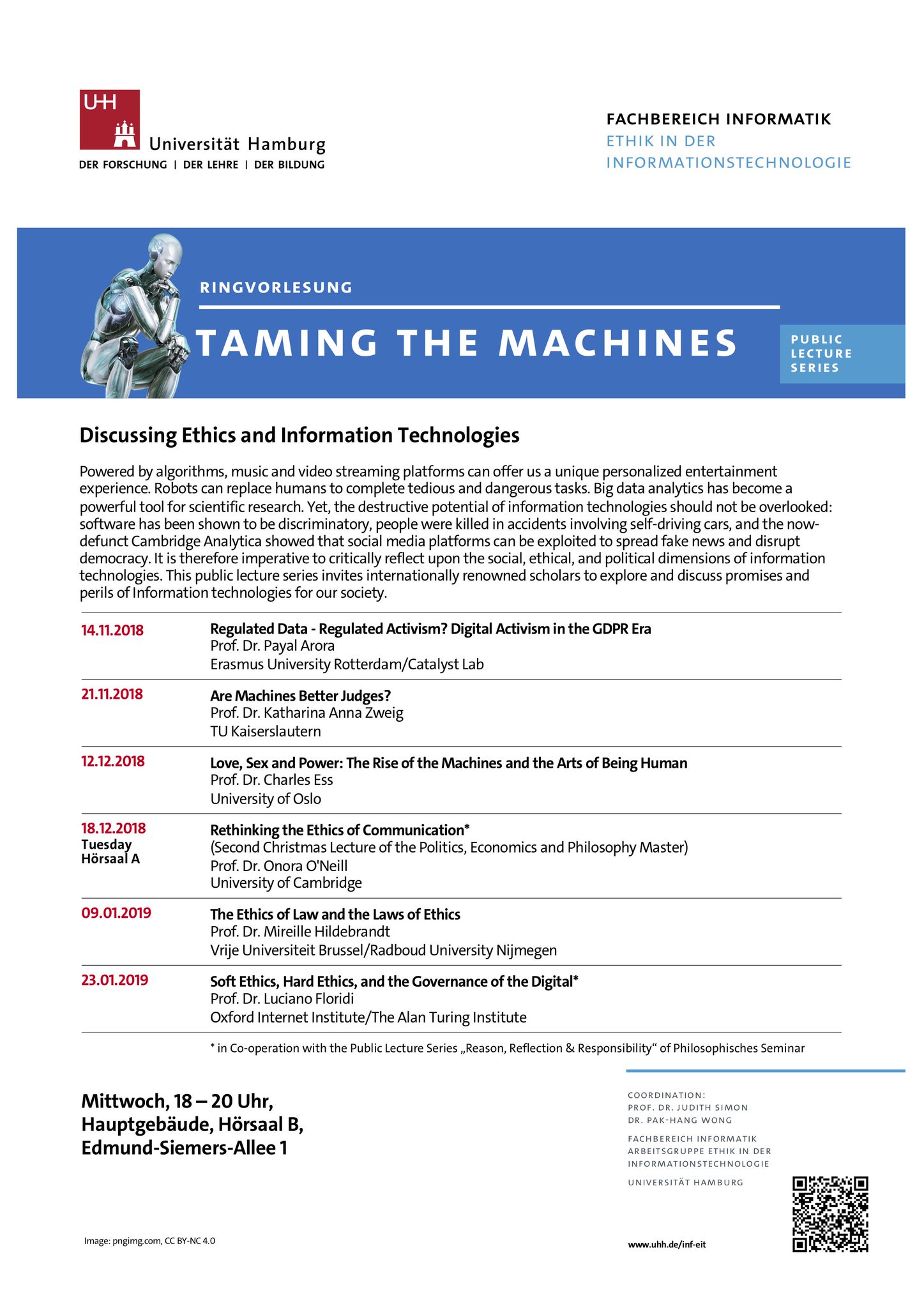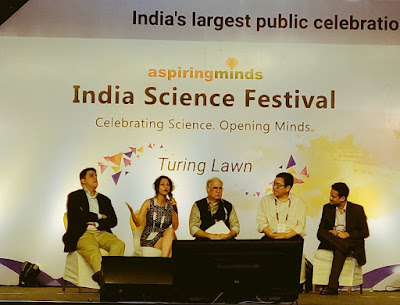Starting my fellowship at the University of Bremen this November
This November, I start the ZEMKI Fellowship at the University of Bremen.
 The ZeMKI, Centre for Media, Communication and Information Research is an interdisciplinary research environment in the areas of media, communication and information. Involved disciplines include communication and media studies, computer science, cultural studies, educational science, studies in religion, and history. Since mid-2017, the ZeMKI has been inviting applications from researchers in the field of media, communication, and information around the world to participate in their program.
The ZeMKI, Centre for Media, Communication and Information Research is an interdisciplinary research environment in the areas of media, communication and information. Involved disciplines include communication and media studies, computer science, cultural studies, educational science, studies in religion, and history. Since mid-2017, the ZeMKI has been inviting applications from researchers in the field of media, communication, and information around the world to participate in their program.
During the Fellowship, I will be giving a talk on 'Benign dataveillance: a new kind of democracy? Examining the emerging data-based governance systems in India and China' as part of the ZEMKI lecture series.
While I am there, I will also be heading to Hamburg to give a public talk under the 'Taming the machines' theme organized by Judith Simon and her team from the University of Hamburg. This is part of The Ethics in Information Technology – Public Lecture Series. The theme emerges due to the increasing dependency of society on information technology. Algorithms are now used in making decisions for and about people. Intelligent machines are supplementing or replacing humans at home or in the workplace. Personal data are being collected, processed, and readied for commercial and civil purposes. Tech optimists and evangelists think that artificial intelligence, robots, and other gadgets can only make life and society better, but their convictions should be taken with a grain of salt. My talk here, "Regulated Data - Regulated Activism? Digital Activism in the GDPR Era is about flipping the script on privacy through the light of activism in the global south. My abstract for the talk is as follows:
In a favela ruled by the drug lords in Rio de Janeiro, an activist uses Facebook Live to capture the dealings in his neighborhood, putting himself and some of his community members at risk. In Jeddah, Saudi Arabia, a few teenage girls instagram the fashions of the week, unveiled, an act that can be persecuted by the morality police. In Jammu and Kashmir, some activists through the hashtag #justiceforkathua draw attention to the case of an eight-year old nomadic girl who was gang raped, defying the privacy law on revealing identities of minors. These are just some of the many cases that shed light on the gray area between privacy and protest. Contrary to seeking to be protected through anonymity as the bulk of the current research alludes to, some of those at the margins may choose to put themselves at high risk by being visible and heard. The GDPR, rooted in the Western ideology of individual choice and rights, may have created a privacy universalism, begging the question of whether privacy is a privilege and a luxury. This talk draws from a decade of fieldwork and activism among vulnerable communities beyond the West to grapple with the question of whether privacy and activism are after all compatible.
Overall, should be fun! Lots of talking, thinking and turning thoughts around :)




Comments
Post a Comment